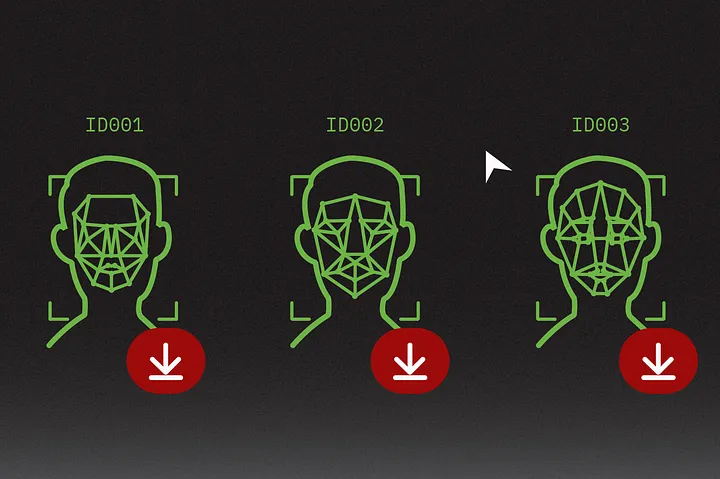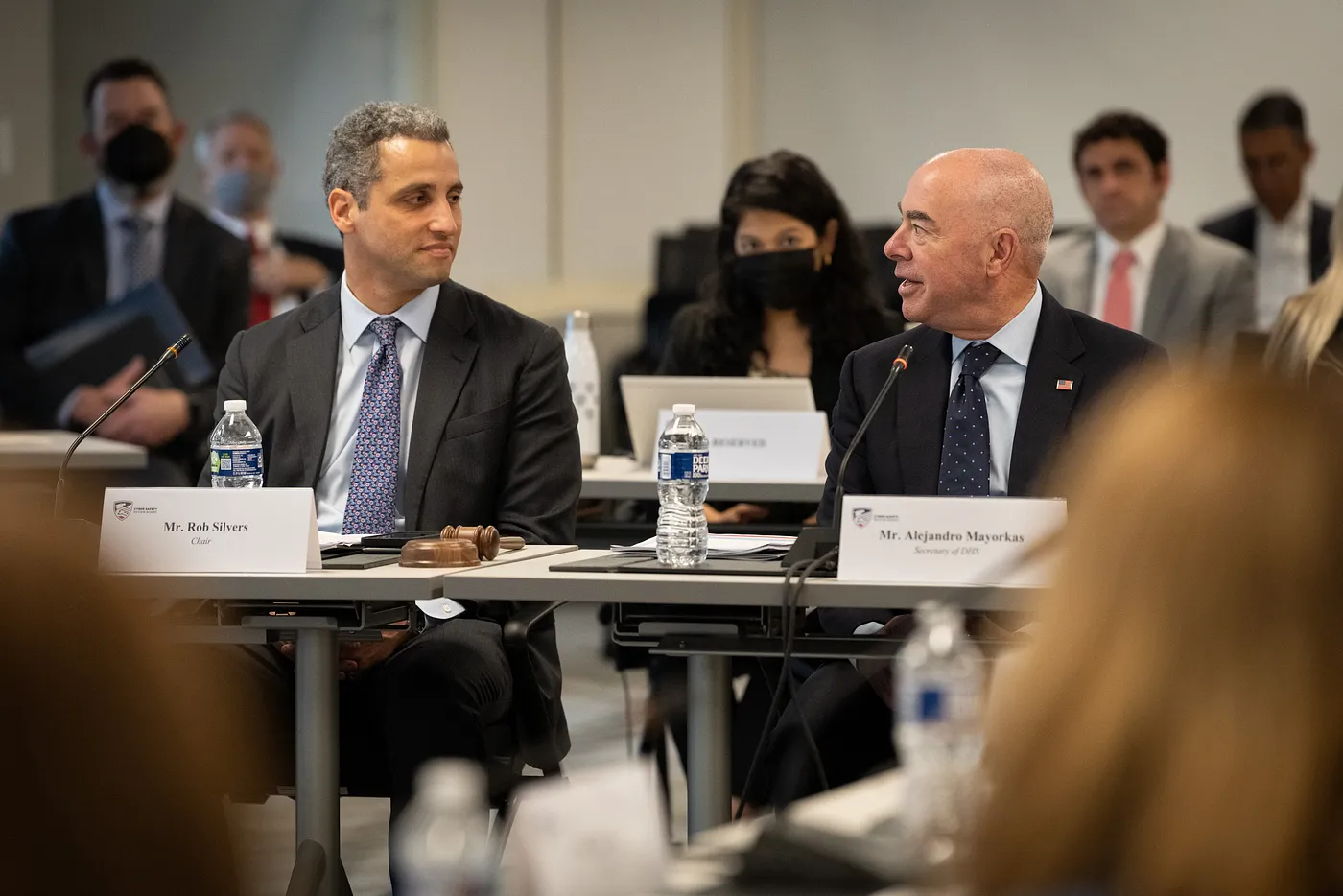From vulnerabilities in Starlink user terminals to fresh iCalendar exploits, this year’s Black Hat and DEF CON conferences offered a fount of cybersecurity knowledge for hackers, policymakers and everyone else who braved the Las Vegas heat and monsoon weather.
Welcome to Changelog for 8/14/22, published by Synack! Cue the DEF CON is canceled jokes: Heavy rains caused damaging flash flooding in Las Vegas late last week during “Hacker Summer Camp,” forcing many casino patrons to take shelter from streets that became raging rapids, as CNN reported.
Welcome to Changelog for 8/7/22, published by Synack! The Black Hat and DEF CON cybersecurity conferences are taking place this week in Las Vegas, and I have serious FOMO.
Is the world of blockchain as intimidating as it sounds? Information security consultant Jackie Singh interviewed Web3 security practitioners to get their perspectives on the challenges and opportunities in securing these new internet technologies.
Welcome to Changelog for 7/31/22, published by Synack! Open source coder John Wiseman rolled out a fascinating map of global GPS interference last week. It shows where aircraft pilots have reported encountering degraded navigation accuracy.
Welcome to Changelog for 7/24/22, published by Synack! It was a blisteringly hot week for many of us across the U.S. — I’ve hardly ventured outside lately in Washington, D.C., where Mayor Muriel Bowser has declared a heat emergency through Monday.
Verifying users based on their fingerprints, irises or some other biological measurement could backfire for Big Tech if companies fail to heed cybersecurity threats.
Welcome to Changelog for 7/17/22, published by Synack! Microsoft’s game of macro musical chairs appears to be over. The company said it’s planning to disable internet macros by default after all, following its decision to pause the change in key Office apps late last month.
In its first-ever report for the Department of Homeland Security, a group of top government and industry cyber experts said the Log4j vulnerability triggered “one of the most intensive cybersecurity community responses in history” last December — and it’s far from over.














